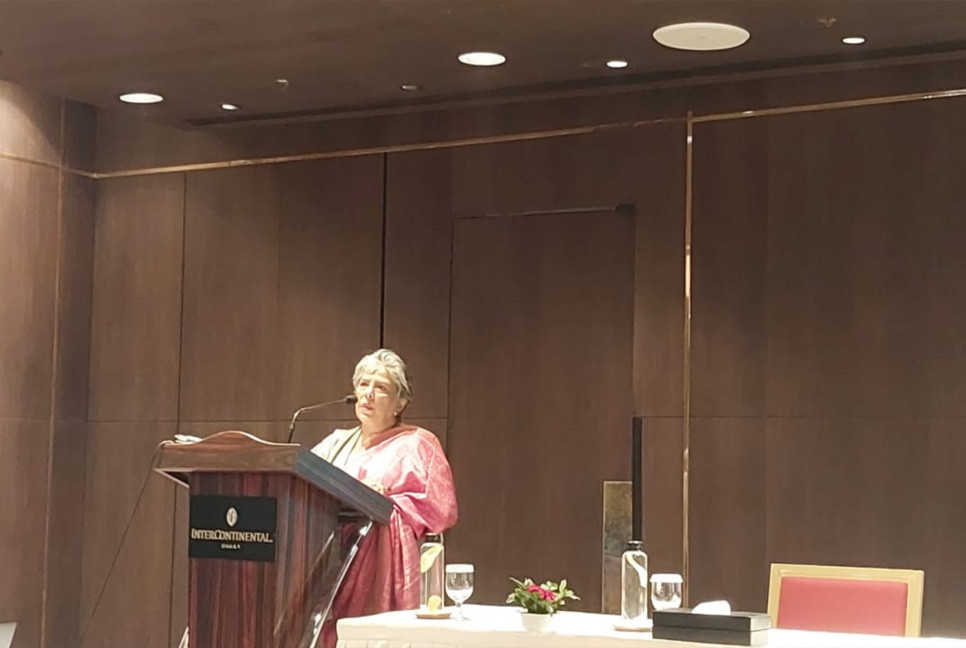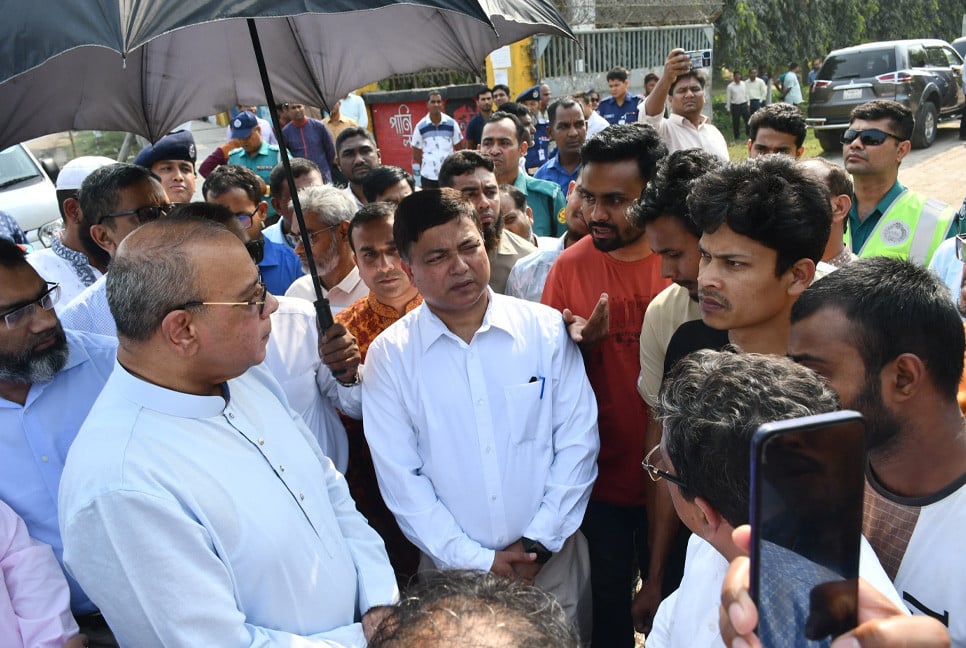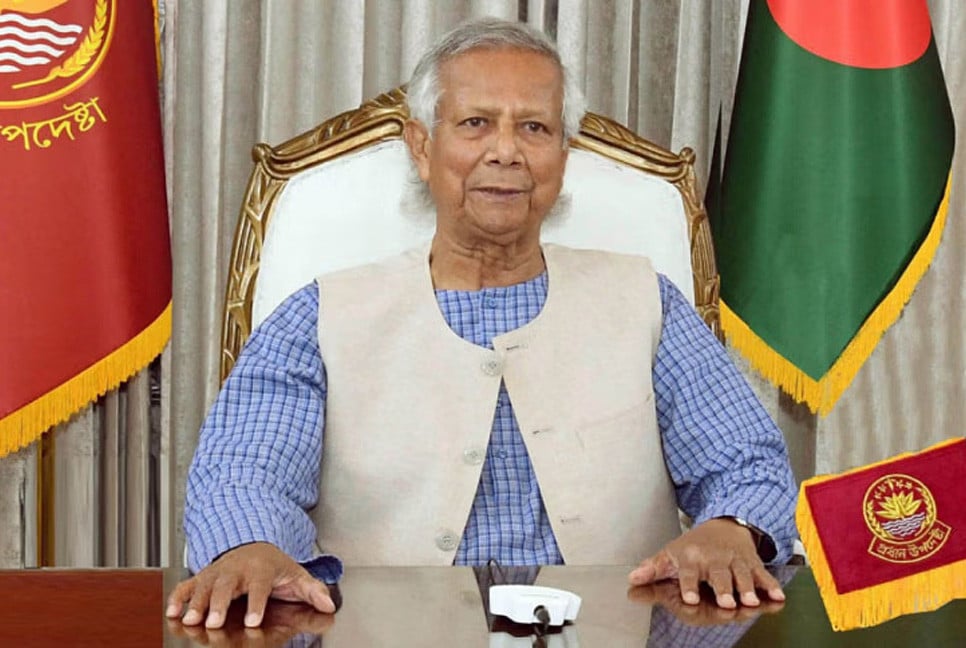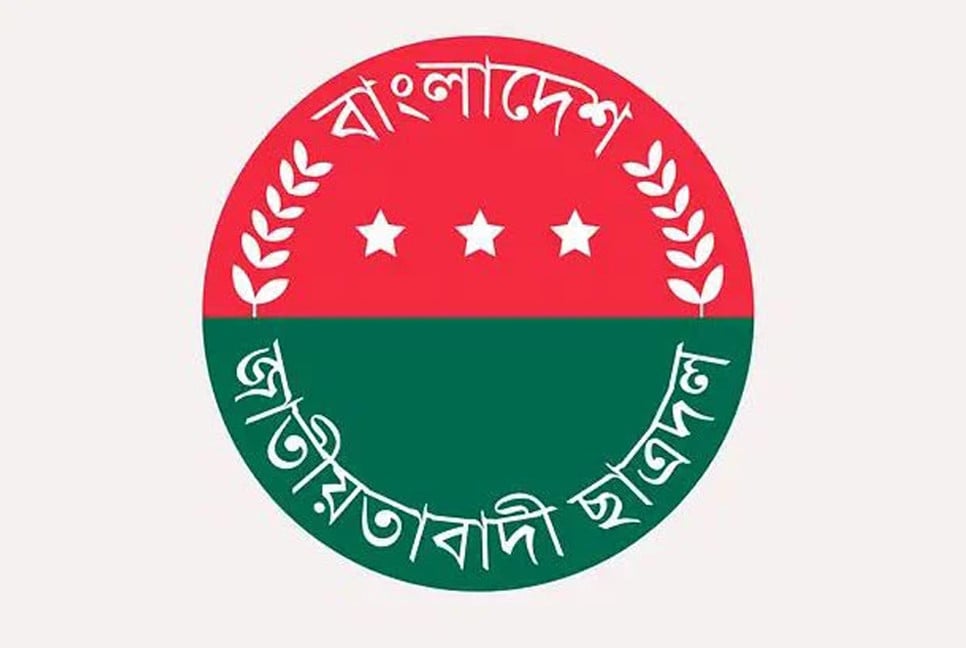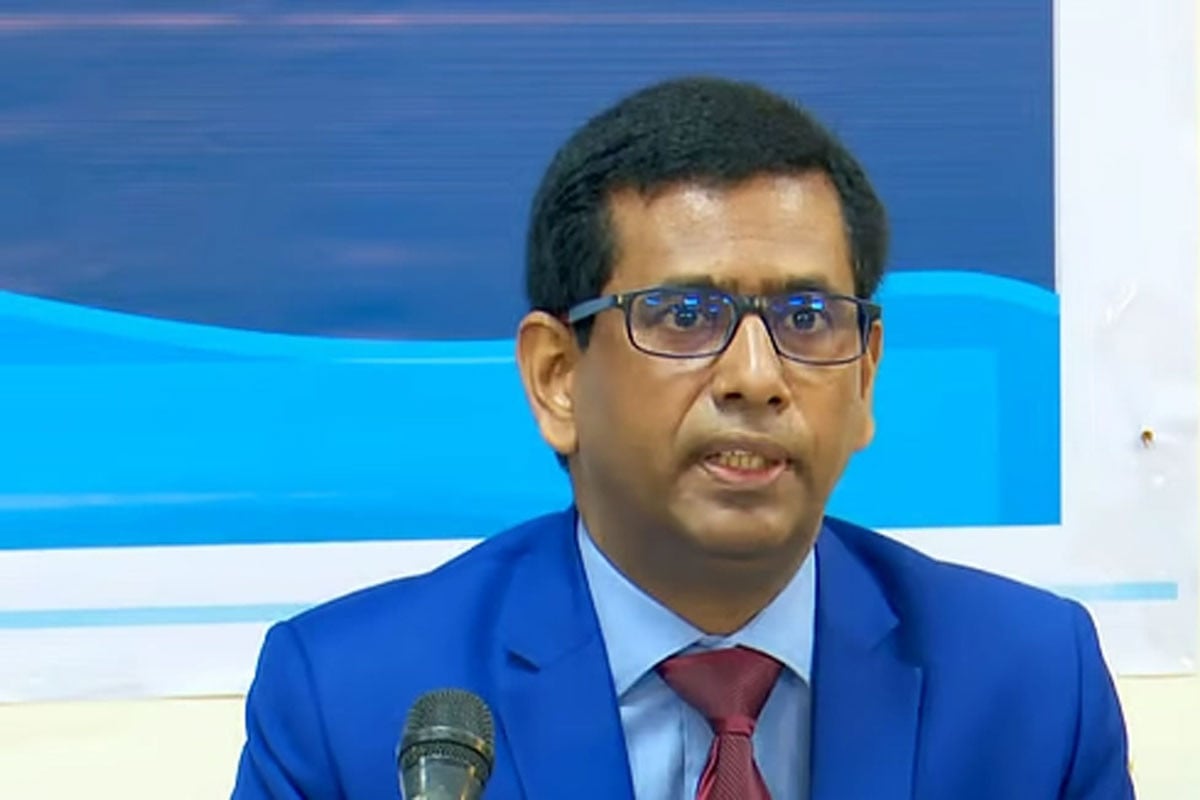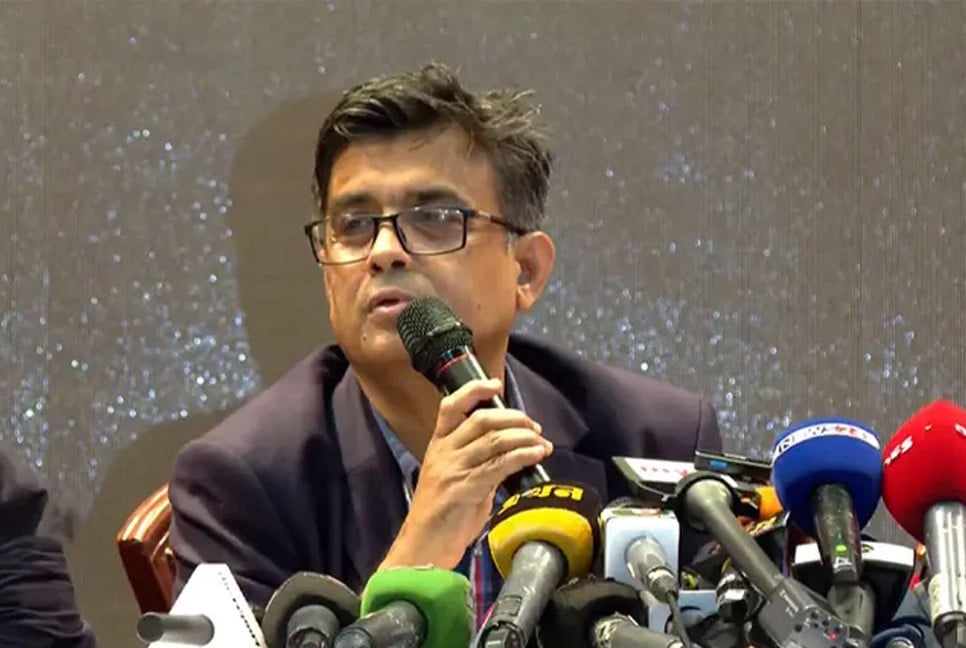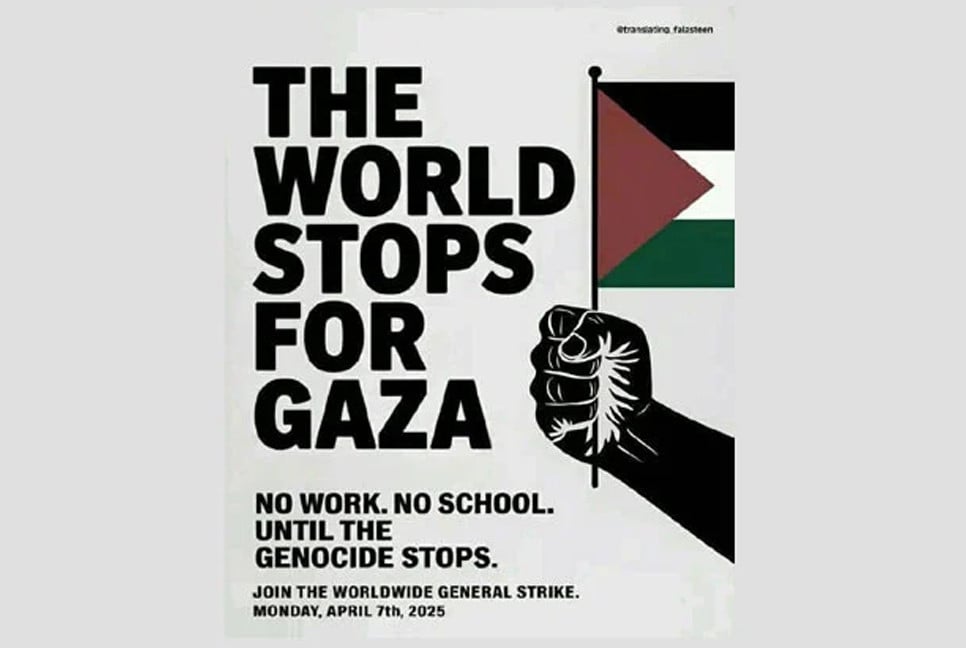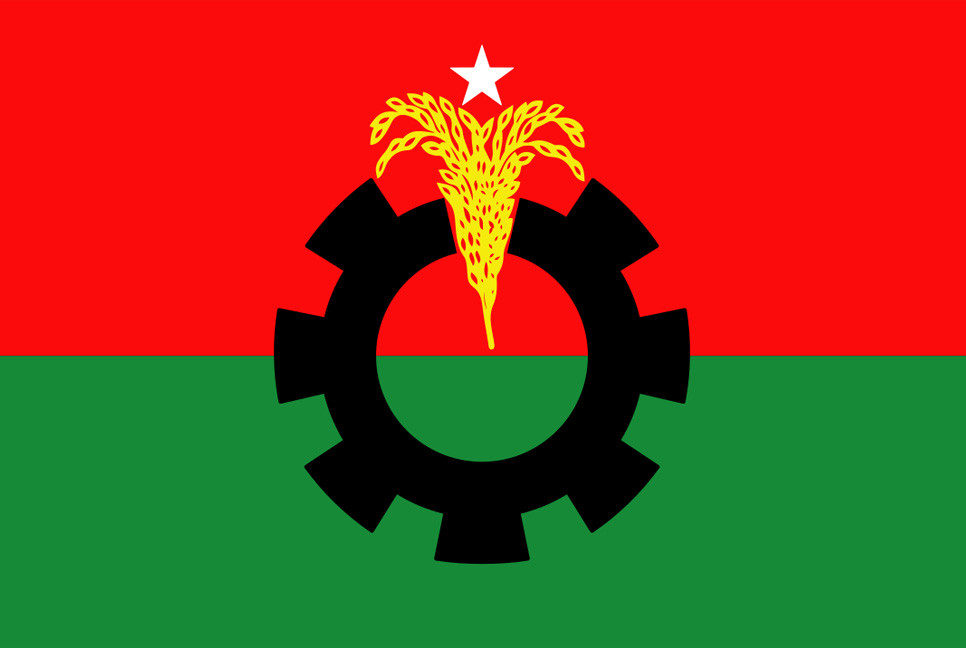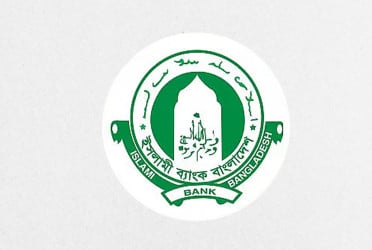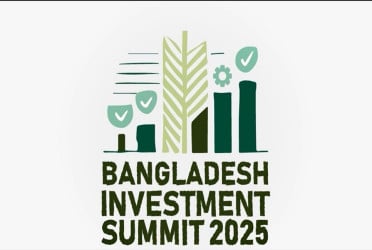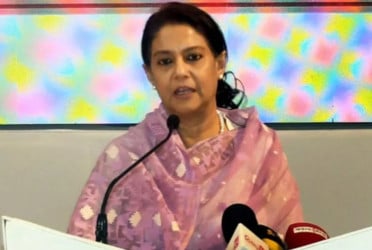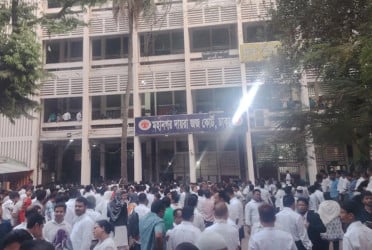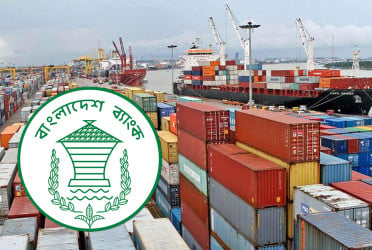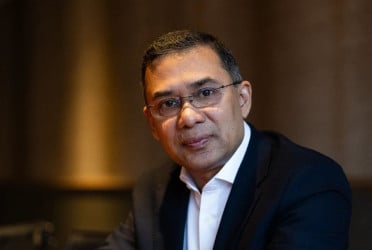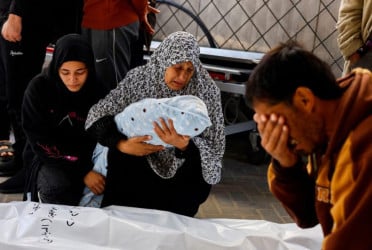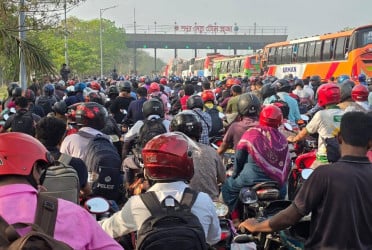Sharmeen Murshid, social welfare and women & children adviser, said the government's safety net programemes must transform itself from a charity-based model to an empowerment-focused approach.
She made the statement on Tuesday while addressing a workshop organized by World Bank, reports the Business Standard.
“These policies need a fundamental rethink. Safety net programmes target individual families, yet we have not identified every extreme poor family in need. Errors persist in our approach," she said.
At the workshop organised by the World Bank, she added that the Ministry of Social Welfare is developing efficient management information (MI) system to eliminate, not just reduce, errors in targeting.
Organised by the World Bank, the workshop highlighted how several such productive inclusion efforts are being made by government and development partners, with the need to expand coverage of these efforts through the use of digitised tools to ensure effective targeting and delivery.
The workshop was part of a series of knowledge exchange consultations planned on the "Future of Social Protection in Bangladesh".
Government officials, development partners, practitioners and academia joined the workshop, which was the second event in a series of thematic consultative workshops that aimed to support social protection policies and reforms.
Speakers at the programme said Bangladesh has made key strides in expanding and strengthening social protection programmes to reduce vulnerability of poor people.
They also said by scaling up cash-based programmes with complementary "cash plus" services the country can have a stronger impact on poverty reduction.
According to a press release, the cash plus services are a bundle of coordinated livelihoods and human capital augmenting interventions including skills training, counselling, productive grants, social care services, nutrition support or climate resilient cornmunity infrastructure.
"Cash-plus social protection programmes are a vital step towards empowering vulnerable communities. By combining direct financial assistance with crucial support services such as livelihood training, behavioral change, and nutrition intake – cash plus programmes help build human capital, break the cycle of poverty, and make communities resilient to economic and climate-related shocks," said Gayle Martin, World Bank Interim Country Director.
The workshop featured insights and experiences from development partners, key government counterparts, including the Finance Division, Palli Karma-Sahayak Foundation, Department of Disaster Management, Department of Social Services, and the Department of Women Affairs.
Bd-Pratidin English/ AM

